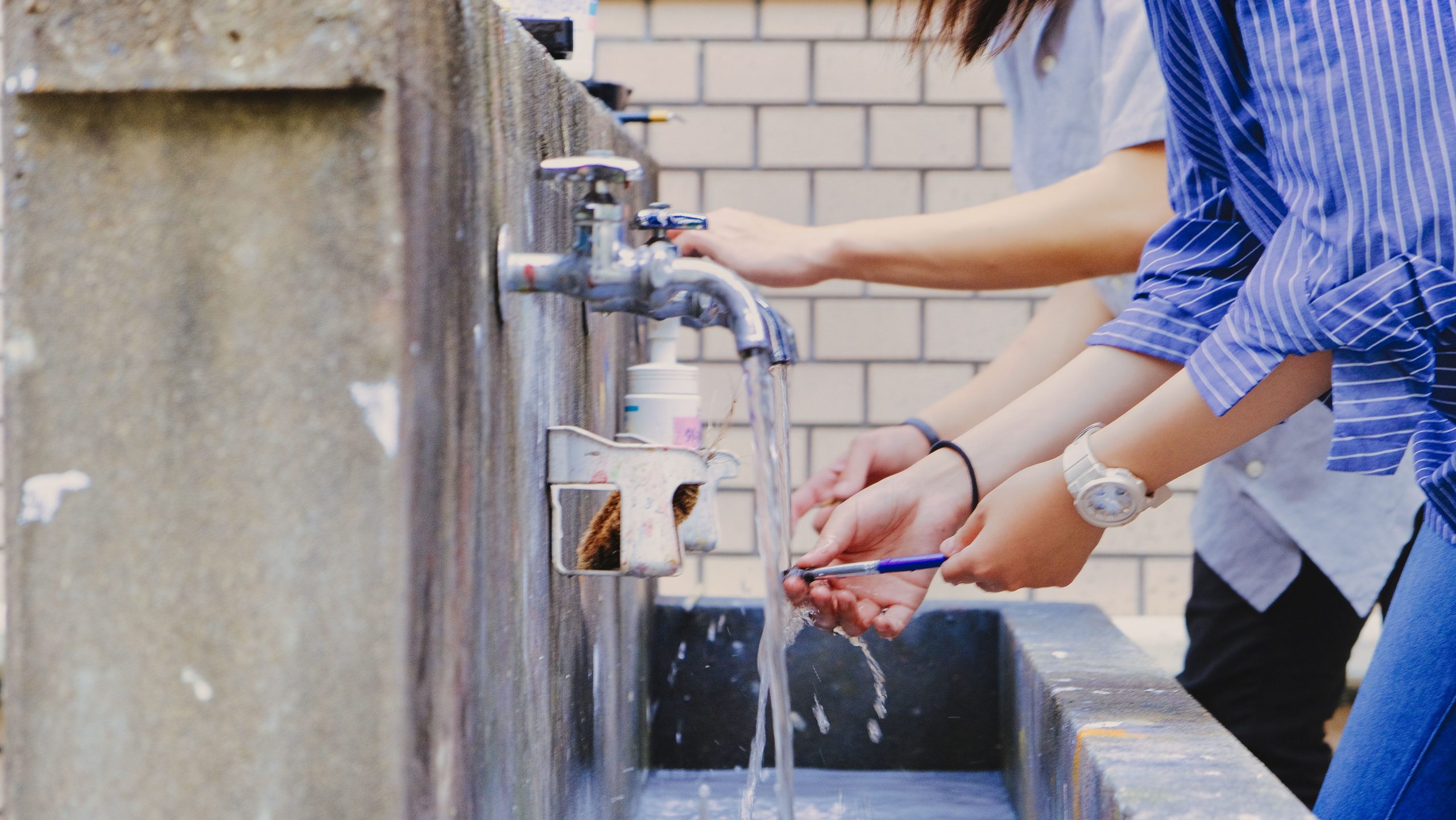Following a leak in the water main at the Lake Huron facility, Great Lakes Water Authority (GLWA) has issued an advisory for 22 localities, urging residents to boil the water. According to the authorities, the leak is in the largest transmission main of the water system.
A press release was also issued by the Great Lakes Water Authority, which revealed that the leak was discovered on Saturday early morning in the 120-inches main pipe that is used to circulate water to the 22 communities.
Also Read: NFL: How long will New York Jets quarterback Zach Wilson be out for
The water main leak will affect almost a million people in the northern side of the Great Lakes Water Authority serviceable area. The cause of the break in the water main is now being investigated and crews have been dispatched who are working to isolate the affected area to begin repairs.
When the affected area of the water main is isolated, the authorities will open the emergency connections that join other water mains with the affected area, helping to restore drinking water flow to the 22 localities. However, the authorities have urged the residents in the affected areas to show caution and boil the drinking water.
While 22 communities are facing drinking water shortages, Lapeer was taken off the list who had been urged to boil water, at 11:30 am on Saturday.
Boiling drinking water will help kill any bacteria and viruses that may have found their way into the drinking water because of the leak. The authorities have also asked the residents to boil the water for at least a minute and then cool it before drinking.
Also Read: Rushdie’s attacker Hadi Matar to face attempted murder and assault charges
“A loss of pressure can lead to bacterial contamination in the water system. Boiling water before using it will kill bacteria and other organisms that may be in the water,” the GLWA release read.
Apart from drinking, the authorities have also asked the residents to use boiled water for other purposes such as washing dishes and hands, brushing teeth, making ice and preparing food.
The Great Lakes Water Authority have also urged the residents in the affected areas to call at (313) 926-8192 or (313) 926-8128 or email [email protected] in case of an enquiry.







